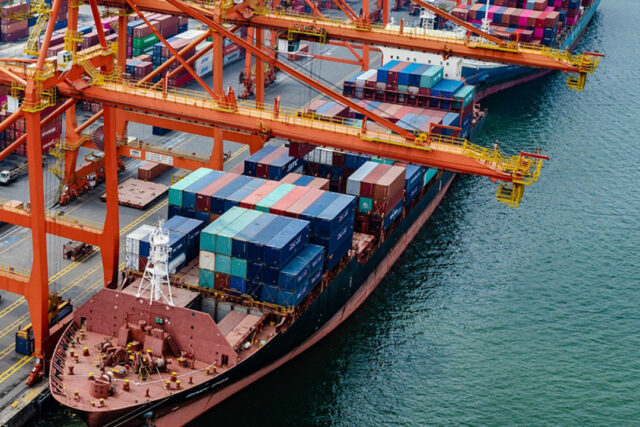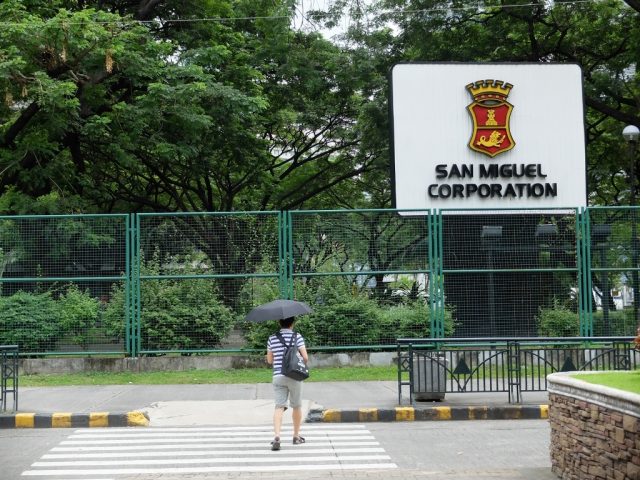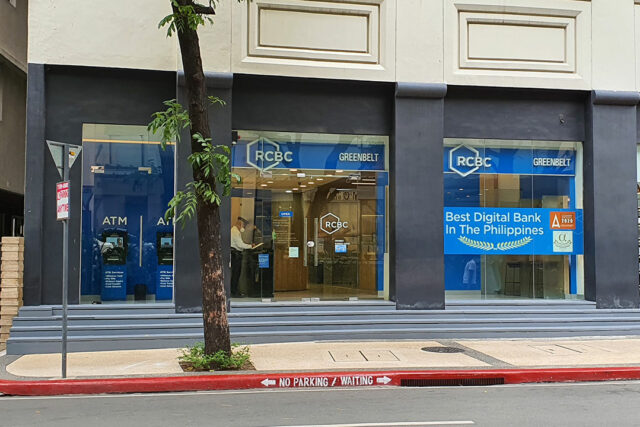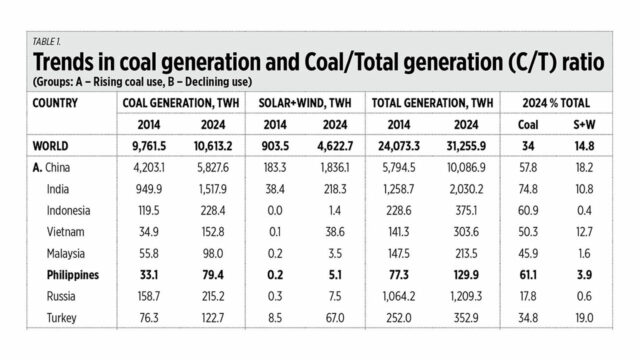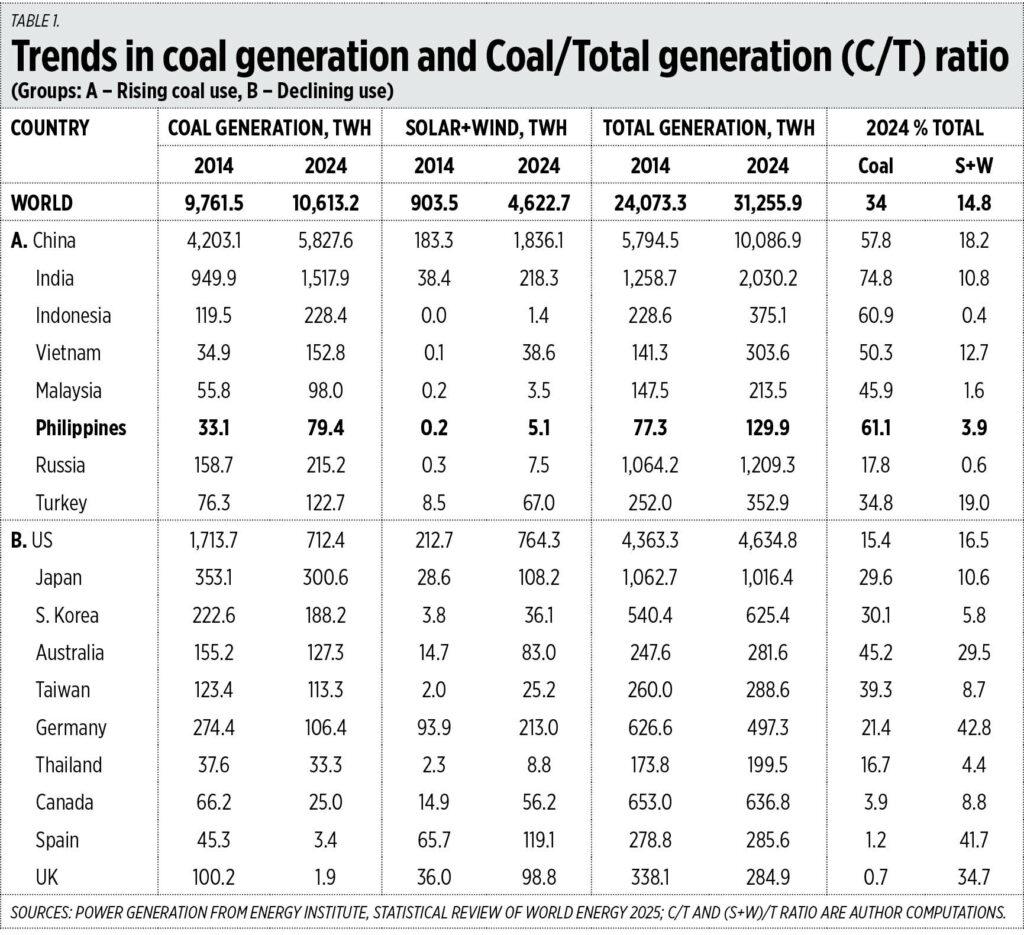ICTSI wins South African court ruling on Durban port deal
SOUTH AFRICA’S High Court has ruled in favor of Razon-led International Container Terminal Services, Inc. (ICTSI), upholding state-owned Transnet SOC Ltd.’s (Transnet) award of the Durban Container Terminal Pier 2 contract and dismissing a challenge from Danish shipping and logistics giant Maersk Group.
“ICTSI reports that the High Court of South Africa, KwaZulu-Natal Local Division, Durban, has dismissed an application filed by APM Terminals BV (APM) challenging the award of a 25-year port terminal development contract at Durban Container Terminal 2 to ICTSI,” ICTSI said in a regulatory filing on Monday.
APM is a subsidiary of the A.P. Moller – Maersk Group, a shipping and logistics company.
In the latest ruling, the listed port operator said the court upheld Transnet’s discretionary authority and confirmed its adherence to fairness and transparency in the contract award process.
“It further held that the solvency ratio was not the sole measure of financial qualification and that ICTSI’s financial strength was appropriately validated. In addition, the court found that APM’s legal challenge was brought with undue delay, further justifying its dismissal,” ICTSI said.
Based in South Africa, Transnet operates an integrated freight transport business, with operations focusing on ports and railways. It is partnering with ICTSI for the upgrade, expansion, and operations of Durban Container Terminal 2.
Further, ICTSI reaffirmed its commitment to delivering long-term value and enhancing the operational efficiency of Durban Container Terminal in partnership with Transnet.
“The Company will provide further updates to the Exchange regarding next steps as soon as it receives formal guidance from Transnet on the way forward,” it said.
In 2023, ICTSI was selected as Transnet’s partner after being declared the preferred bidder under an international tender process.
It said ICTSI was also declared the “best operating partner for this strategically critical port and because it submitted the highest financial bid.”
The Maersk Group in March 2024 challenged the decision by filing a legal petition seeking to disqualify ICTSI, which it said “has consequently resulted in the court issuing an interdict until the petition is resolved.”
ICTSI had previously said that the KwaZulu-Natal Division of the High Court of South Africa halted the privatization of Durban Container Terminal Pier 2 after issuing an injunction against Transnet.
Established in 1987, ICTSI operates 33 terminals in 20 countries across six continents.
For the second quarter, the company’s attributable net income rose 15.97% to $244.31 million, driven by sustained earnings across all port operations.
Gross revenues increased 11.8% to $764.63 million from $684.03 million a year ago, while combined expenses grew 12.4% to $344.68 million from $306.66 million previously.
At the local bourse on Monday, shares in the company gained P19, or 3.61%, to close at P545 apiece. — Ashley Erika O. Jose

